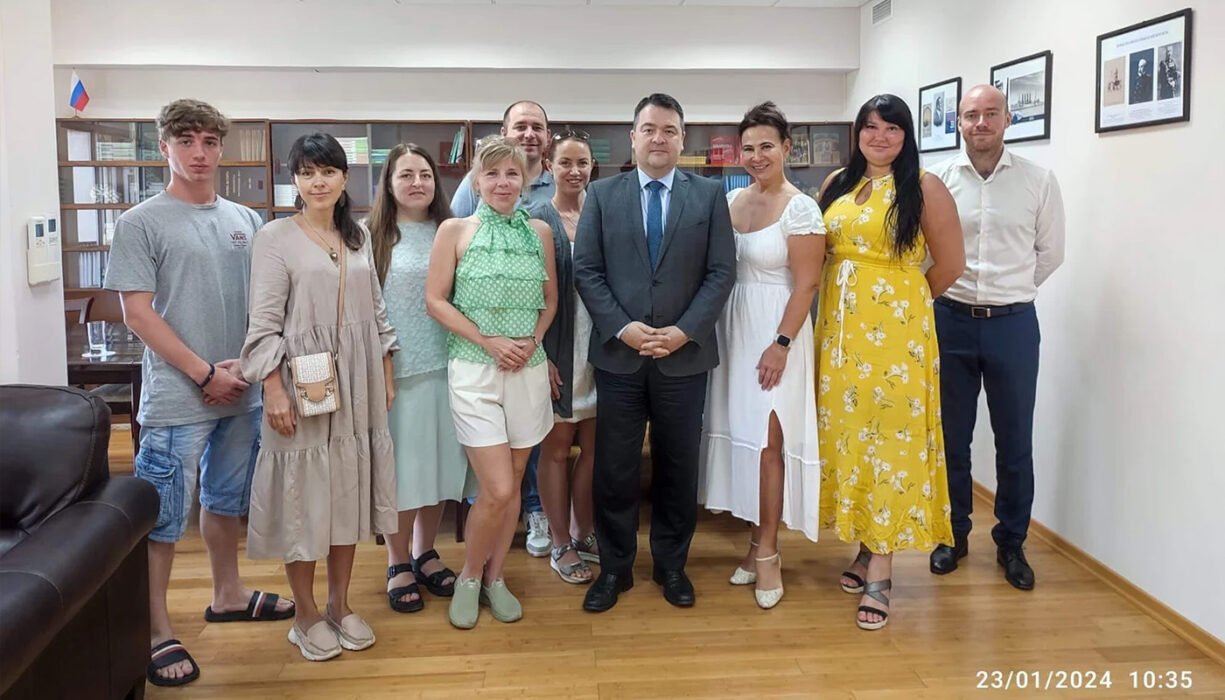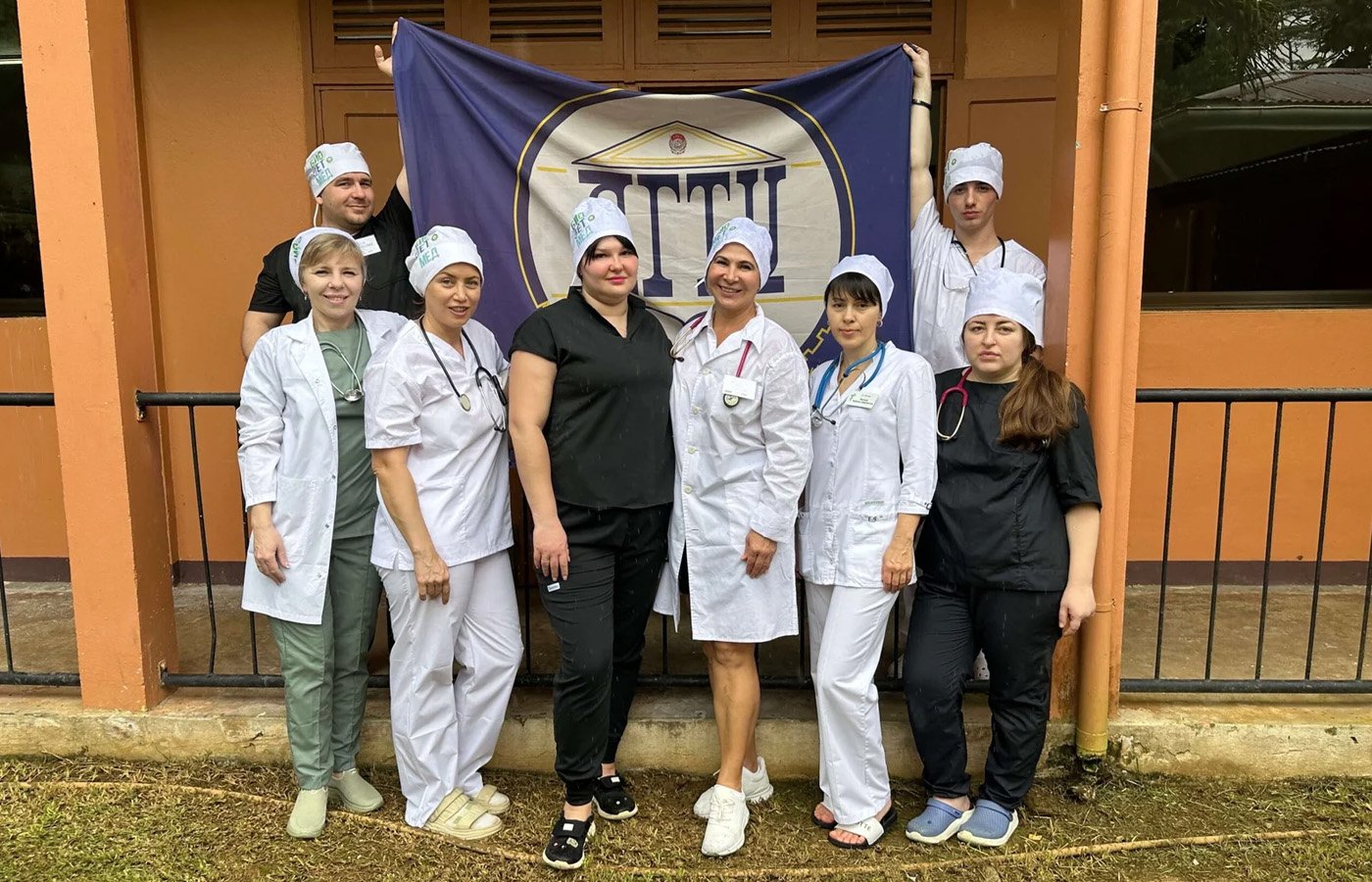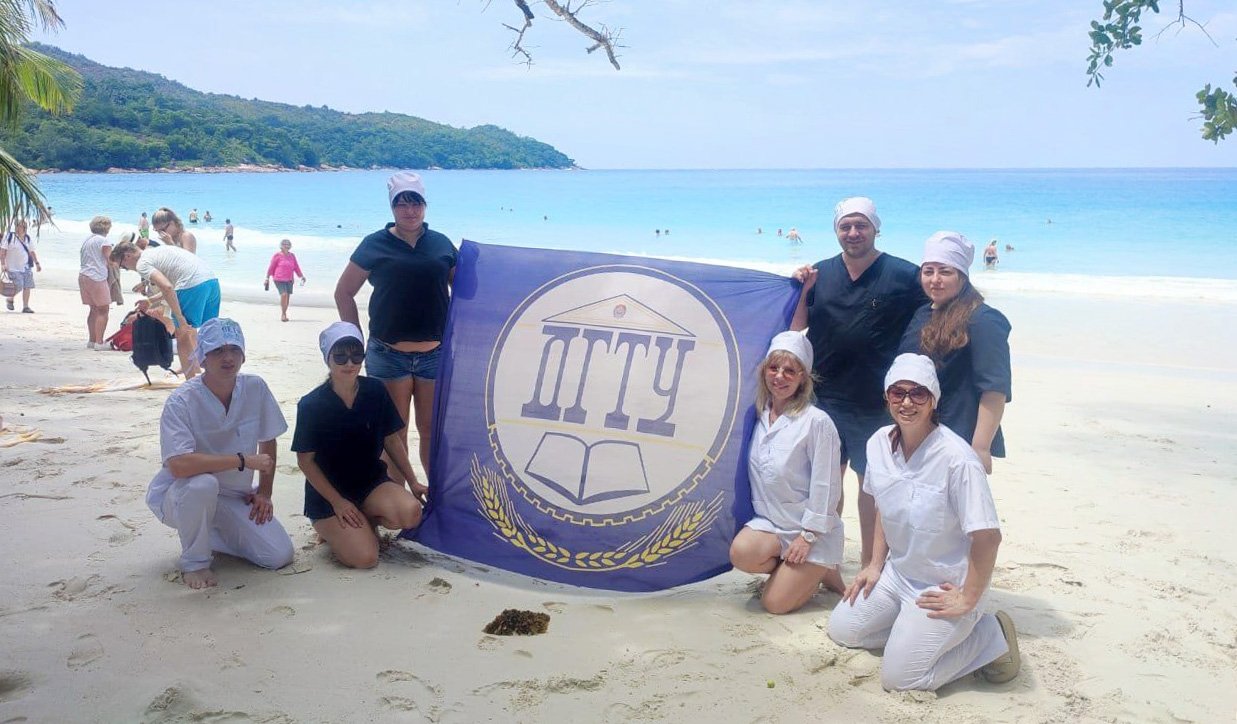
A Global Effort: The Success of Mass Sterilisation in the Seychelles
In the idyllic setting of the Seychelles, a pressing issue has emerged, requiring immediate and humane intervention: the rapid growth of the stray cat and dog population. This surge, primarily attributed to the inability of pet owners to afford private sterilisation, has resulted in an array of multifaceted challenges. These range from public health risks and safety concerns to significant environmental impacts and economic burdens. The increase in stray animals not only threatens the well-being and safety of the human population but also poses a grave risk to the local wildlife and the delicate balance of the ecosystem.
Moreover, the plight of these animals, often suffering from a lack of proper care, has raised serious humanitarian concerns. The situation in the Seychelles serves as a stark reminder of how cultural attitudes, political decisions, and economic constraints can intertwine, leading to a scenario where mass sterilisation emerges as a necessary solution. This article aims to delve into the various dimensions of this complex issue, exploring the reasons behind the adoption of mass sterilisation as a strategy to address the burgeoning stray animal population in the Seychelles.

The situation in the Seychelles necessitated an international response, leading to the remarkable involvement of a team of seven veterinarians from Don State Technical University in Russia. This collaboration was pivotal for two main reasons. Firstly, the financial constraints faced by local pet owners in the Seychelles meant that many were unable to afford the cost of sterilising their pets. By offering these services free of charge, the project aimed to make sterilisation accessible to all, thereby curbing the growth of the stray population. Secondly, the sheer number of stray animals had overwhelmed the capacity of local veterinarians.
The Russian team’s expertise and additional manpower were crucial in addressing the urgent need to control the burgeoning stray population efficiently and humanely. This partnership not only exemplified international cooperation in addressing a local crisis but also highlighted the importance of global solidarity in solving complex environmental and public health issues.
The objective of the mass sterilisation program was ambitious yet clear: to sterilise 400 animals, both cats and dogs, on the Seychelles islands over a period of two weeks. The dedication and efficiency of the team, however, exceeded all expectations. By the conclusion of the two-week program, a remarkable total of 478 cats and dogs had been sterilised, surpassing the initial goal. This achievement not only signifies the success of the operation but also reflects the commitment and hard work of the entire team involved.
The ability to exceed the target in such a short timeframe is a testament to the effective planning, coordination, and execution of the project. It also underscores the significant impact that well-organised and collaborative efforts can have in addressing environmental and public welfare issues. The success of this program serves as an encouraging example of how focused and concerted action can lead to meaningful and positive outcomes in animal population management.
The success of the mass sterilisation program in the Seychelles can be largely attributed to the exceptional collaboration among various parties. The local government, the Seychelles Animal Welfare Institute, the team of Russian veterinarians from Don State Technical University, and the charity NGO, BeKind, all played pivotal roles. This synergy of local and international resources and expertise created a powerful force for positive change. The local government’s support provided necessary infrastructure and logistical backing, ensuring the smooth execution of the program.
The Seychelles Animal Welfare Institute’s knowledge of the local context and its animal population was invaluable. Meanwhile, the Russian vets brought specialised skills and additional manpower, essential for the program’s ambitious targets. BeKind’s involvement as a charity NGO was crucial in gathering resources and raising awareness, adding a layer of community engagement and support. This collective effort demonstrates how collaboration across different sectors and borders can lead to successful outcomes in tackling challenging issues. The joint endeavour not only achieved its immediate goal of sterilising a significant number of stray animals but also set a precedent for future initiatives of a similar nature.
The mass sterilisation project in the Seychelles stands as a profound testament to international cooperation and dedication to animal welfare. The veterinary surgeons from Don State Technical University in Russia played a crucial role in this endeavour. Demonstrating remarkable commitment, they covered their own airfares, a gesture that underscores their dedication to providing help and support to animals in need. Their involvement went beyond mere professional duty; it was a heartfelt contribution to a global cause – addressing the overpopulation of strays and the ensuing challenges faced by communities. However, organising such a team was no small feat.
Financial constraints and professional commitments presented significant hurdles in assembling this group of seven compassionate individuals. This highlights an ongoing need for financial support. Contributions from individuals, organisations, or governments could greatly aid in facilitating regular interventions by such dedicated teams. Continued support is essential to maintain and expand upon the success of initiatives like this, ultimately helping to create a more humane and sustainable future for both animals and communities worldwide.

The benefits of international projects like the mass sterilisation program in the Seychelles extend far beyond immediate goals. A significant advantage was the opportunity for cross-cultural exchange and learning between the Russian team and local veterinary specialists. Working side by side, these professionals were able to share knowledge and techniques, mutually enriching their skills. Particularly, the program illuminated the need for further education in specialised areas such as anaesthesia, pain management, and the treatment of more complex conditions like cancer.
This collaboration highlighted the potential for developing advanced training courses for veterinary surgeons, thereby enhancing the overall quality of animal healthcare. Such educational initiatives could prove invaluable in equipping local veterinarians with the latest skills and knowledge, ensuring they are well-prepared to handle a variety of medical challenges. Moreover, these interactions foster a deeper understanding and appreciation of different approaches to veterinary medicine, ultimately benefiting the global veterinary community and the animals they serve.
As we reflect on the remarkable achievements of the mass sterilisation program in the Seychelles, it becomes evident that initiatives like these are not just beneficial but necessary, both here and around the globe. The compassion and dedication shown by the team from Don State Technical University, who travelled all the way to the Seychelles, to carry out this mission, have set a shining example. Their work has not only made a significant impact in the local community but also stands as a beacon of hope for similar projects worldwide. I extend my heartfelt thanks to Don State Technical University for sending these seven skilled veterinarians, and eagerly anticipate their return to the Seychelles or their participation in other global endeavours.
However, to ensure the continuity and expansion of such vital projects, financial support, is essential. With many cats and dogs still facing uncertain futures on the streets, the need for these initiatives is as pressing as ever. Let us come together to support and foster these endeavours, creating a brighter, more humane world for all our four-legged friends who haven’t been as fortunate. This is not just a call to action, but an invitation to join a compassionate movement that can truly make a difference.
Written by Dr. Svetlana Broussova,
CEO and Founder, Seychelles Animal Welfare Institute.

